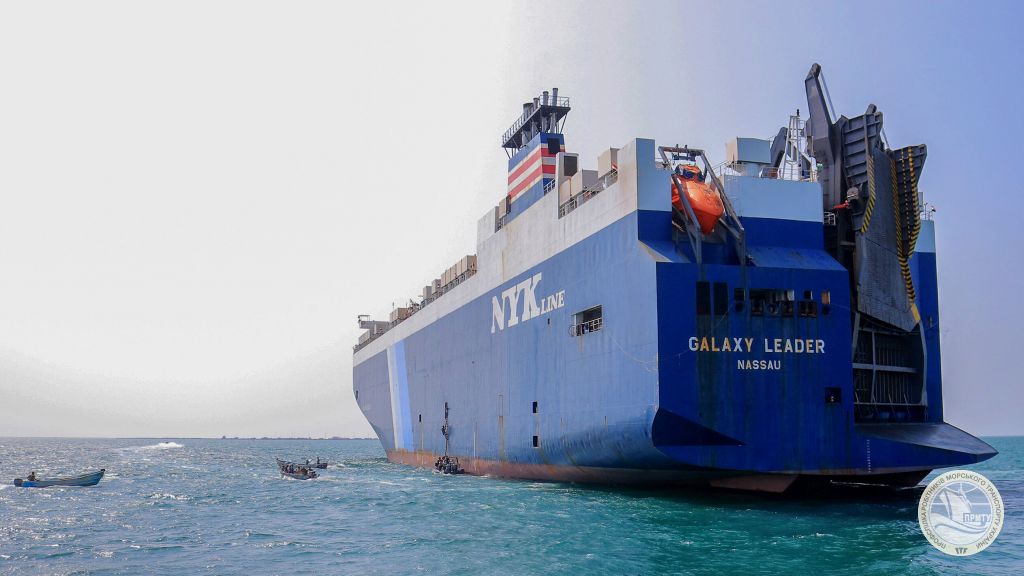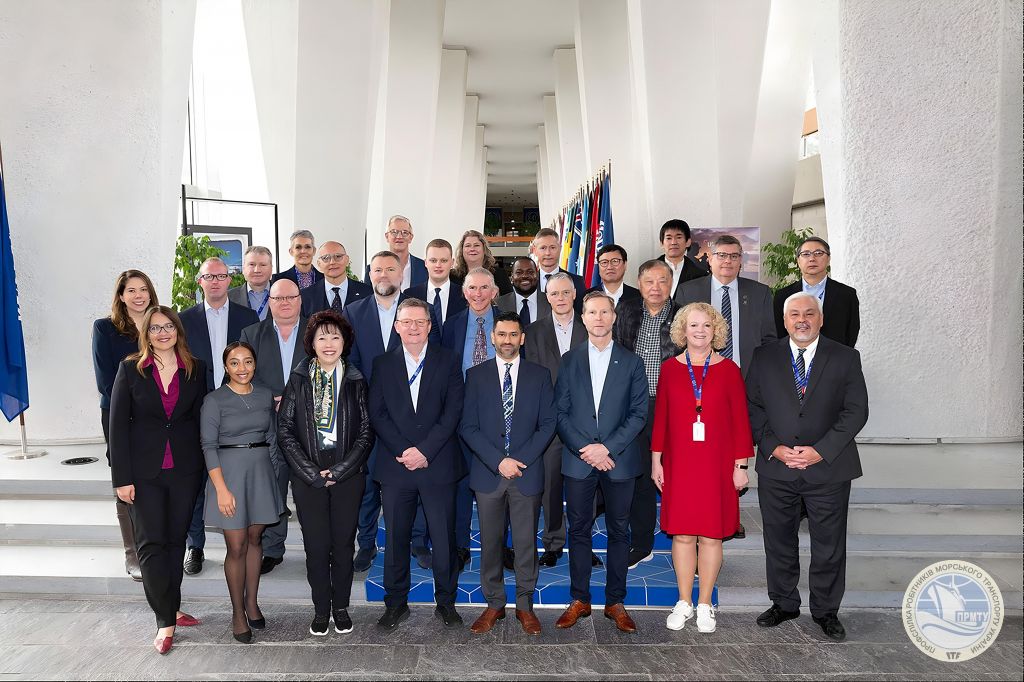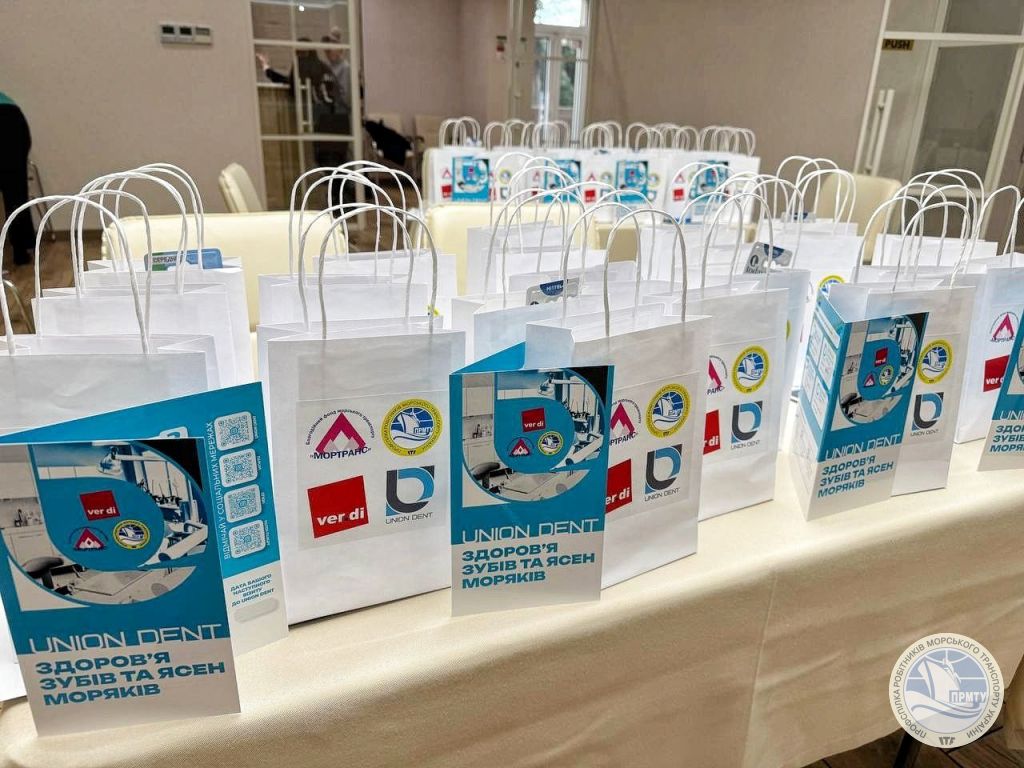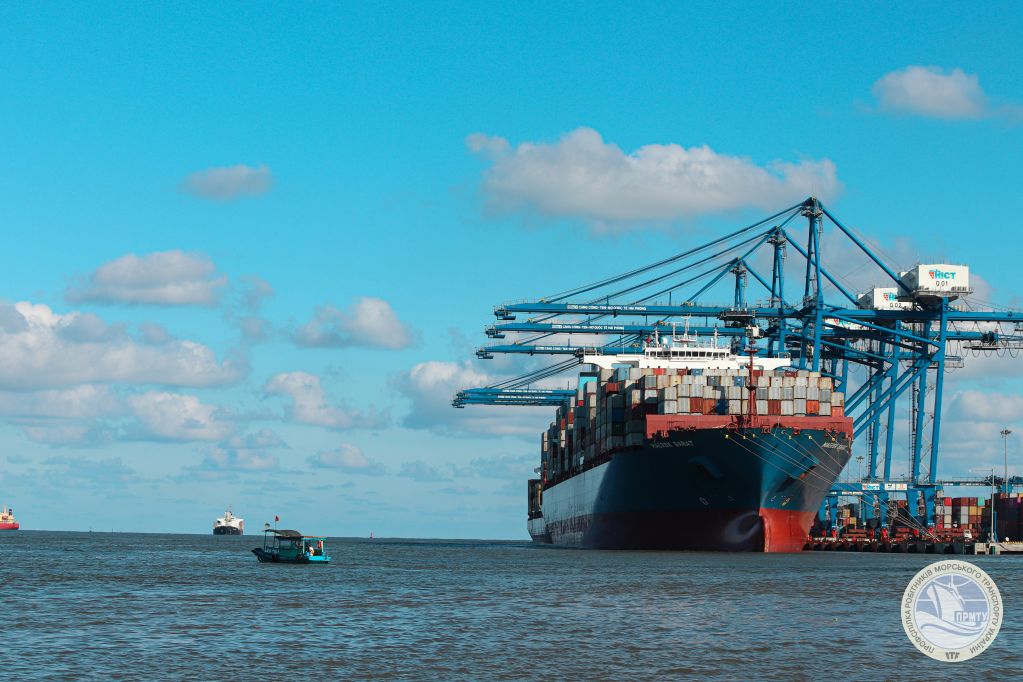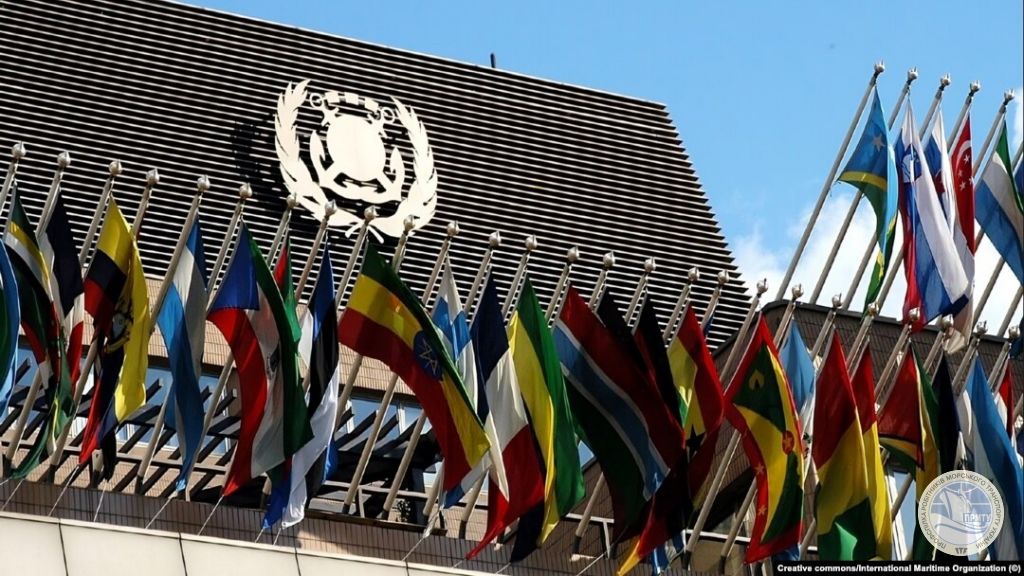The International Bargaining Forum (IBF) social partners are increasingly concerned about the actions taken by Houthi forces that are threatening the safety of transiting seafarers and vessels.
Following continued incidents in the Southern Red Sea and the Gulf of Aden, the IBF Warlike Operations Area Committee (WOAC) convened on 7 February 2024 and agreed additional measures to support seafarers’ safety and welfare.
Since the previous joint statement, sadly the conflict in the region has escalated, with further attacks on commercial vessels that are increasingly more sophisticated.
In response to these attacks, the IBF WOAC have agreed to expand the High Risk Area to include the Gulf of Aden and surrounding waters, please see the latest updated IBF list of designated risk areas for more detailed information.
Additionally, the IBF WOAC agreed to include into the existing conditions for the designated IBF High Risk Area for the Southern Red Sea and Gulf of Aden, the seafarers’ right to refuse to sail into the area with repatriation at company’s cost and compensation equal to two months basic wage.
The two months basic pay compensation shall not be applicable if the seafarer is transferred to another vessel belonging or related to the same owner/manager, on the same rank and wages and all other terms. There shall be no loss of earnings or entitlements during the transfer and the company shall be liable for all costs and subsistence during the transfer.
The decision to include seafarers’ right to refuse to sail was not a step taken lightly as this could negatively impact global trade, but the safety of the seafarers is paramount.
Collaboration between local and international governments, flag states, ports and airports will be crucial for seafarers to be repatriated safely and expeditiously, should they request it. Seafarers must give seven days’ notice prior to entering the area, given the logistical constraints of passage and the difficulty to facilitate disembarkation in a safe port and mobilise repatriation in the area.
Seafarers who are onboard vessels within the High Risk Area or are due to transit into the High Risk Area within the seven-day window from the initial date of publication, will not be able to exercise their right to repatriation.
In the event that a vessel which was not scheduled to sail through the High Risk Area but has received instructions to cross within the seven-day notice period, seafarers will have the right to refuse to sail in the area, be repatriated at the company’s cost and receive compensation equal to two months basic pay.
Regardless of what is agreed between the social partners, the safety and security of seafarers is a global responsibility that requires global solutions. Therefore, the IBF WOAC urges the international community to collaborate with local governments in the area to support international shipping and to ensure the safety of seafarers so that vessels can transit free from threat and aggression, as is their right under international law.
In addition, the IBF WOAC strongly condemns the actions of the Houthi forces that hijacked the car carrier Galaxy Leader on 19 November 2023, the crew of which are still being held hostage. The social partners urge all governments that have an interest in international shipping to do whatever they can to secure the immediate release of the Galaxy Leader and its crew, and for the Houthis to immediately cease further hostile activities.
